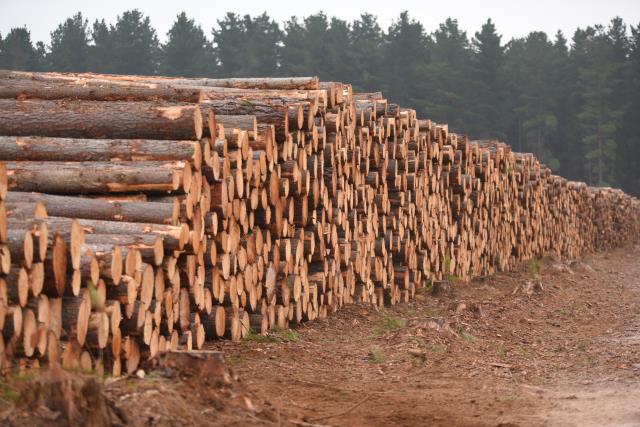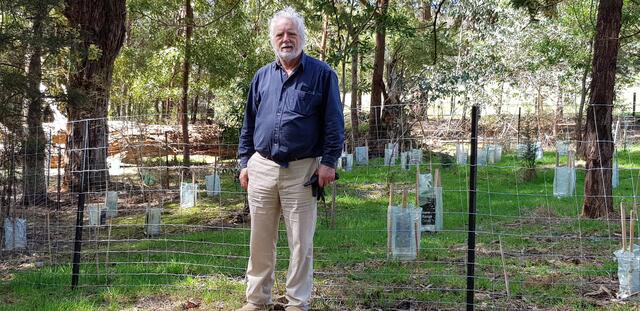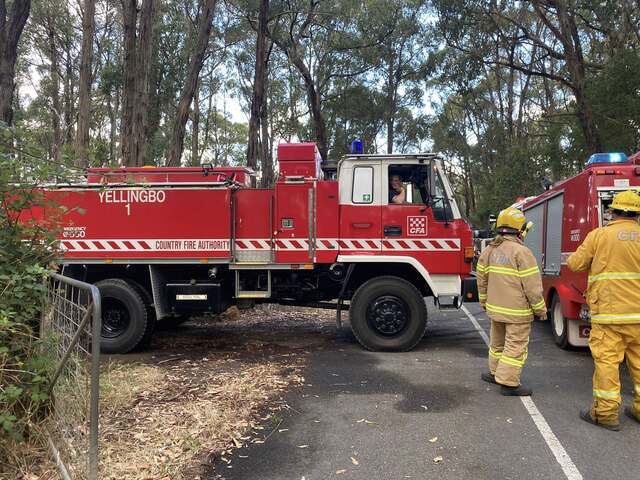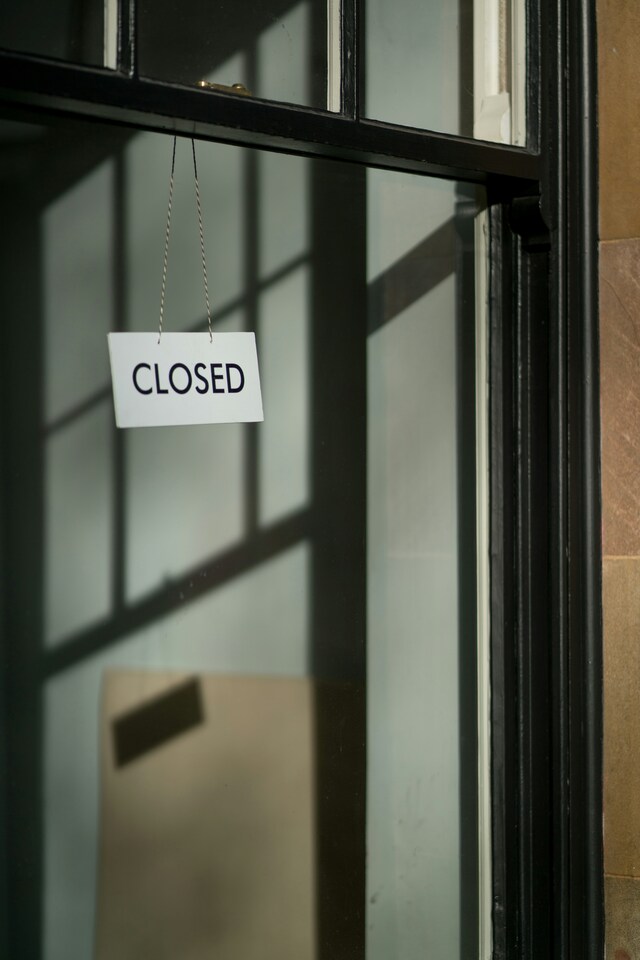With the recent shutdown of the Victorian timber industry, complaints and inquiries have arisen as to how those in the industry are to be compensated after being left jobless.
Moreover, concern surrounding the economies of regional, rural and other Victorian towns who were dependent upon the jobs and dollars generated by the timber industry and forest management are also coming to light.
Former seed collector Brendon Clark said, “I was told I would be looked after but I just haven’t and now I’m on the verge of bankruptcy.”
Mr Clark was contracted to VicForests, with a Labor Government promise in 2019 to “phase out native timber logging by 2030,” leaving him with roughly eleven years to rewire his business, re-think his profession, work out how to let his staff go and find another job.
“The government promised us the ability to transition and we were encouraged to keep our equipment up-to-date, so I invested into the transition,” Mr Clark said.
“Now I have been left with nothing and I’m not getting any support at all.
“I have got $5000 worth of vehicle bills per month to pay off for two cars that aren’t worth their repayments because they have depreciated.”
While there are some from the timber industry who are being compensated for their contracts to VicForests, there are many who are yet to receive support.
General Manager at the Australian Forest Contractors Association (AFCA), Tim Lester said, “Some timber industry providers can’t even get their loss of income recognised by the government.”
“The government uses the fact that their contracts are written in a particular way to say ‘you don’t get anything,’” Mr Lester said.
Where some contractors are able to exit the industry, terminate their VicForests contract and receive an advanced payment up until June 2024, recognition of extensions made to these contracts, limited income during the time of the industry closure and super contributions are yet to be recognised.
Mr Lester said, “one of the big issues here is that these businesses themselves have a value.”
“People will won’t draw a salary or a wage or will take a lower rate than they otherwise would, because they are investing that back into the business.”
“That investment, which is often people’s superannuation now does not exist, so that in effect, is saying that people’s superannuation has gone,” Mr Lester said.”
Further, the distress for the welfare of towns and individuals also extends to encompass forest and fire management protocols that are reliant upon the timber industry.
State silviculture and native forest management consultant Owen Bassett said, “the Victorian Strategic Seedbank [previously managed by VicForests via the timber industry] is critical to the survival of many strands of Alpine Ash in Victoria.”
“There is over 100,000 ha of young forest growth ‘at risk’, should a bushfire burn these forests in the next five years.”
“At present, there is very low canopy seed storage even in mature Alpine and Mountain Ash,” Mr Bassett said.
Where previously forest management depended on the machinery and trained individuals of the timber industry such as seed collectors, critical questions circle the unknown future of forest management.
Mr Bassett said, “the immediate future is unknown.”
“Following the demise of the timber industry, there is some confusion for how seed will be collected and managed and where the funds would come from,” Mr Bassett said.
“Loss of our forests would impact so many values such as biodiversity, carbon sequestration, National Park values to humans, water values- to name a few.”
Currently, development strategies are yet to be adapted from the scheduled closure of the timber Industry in 2030.
Mr Lester said, “the most unrecognised decision of this premature closure is that if you remove those secure timber industry jobs, people will do what they have to to survive and find work elsewhere and that means they may not be supporting the local school, cafe or doctor.”
“All of this showcases that the interest of the state is not in support of the people,” Mr Lester said.
What the $800 million that was generated by the timber industry will be replaced by now is unclear.
Upon being asked about the future of economies and workers who relied on the timber industry as well as plans for forest management, VicForests did not provide a comment.
















